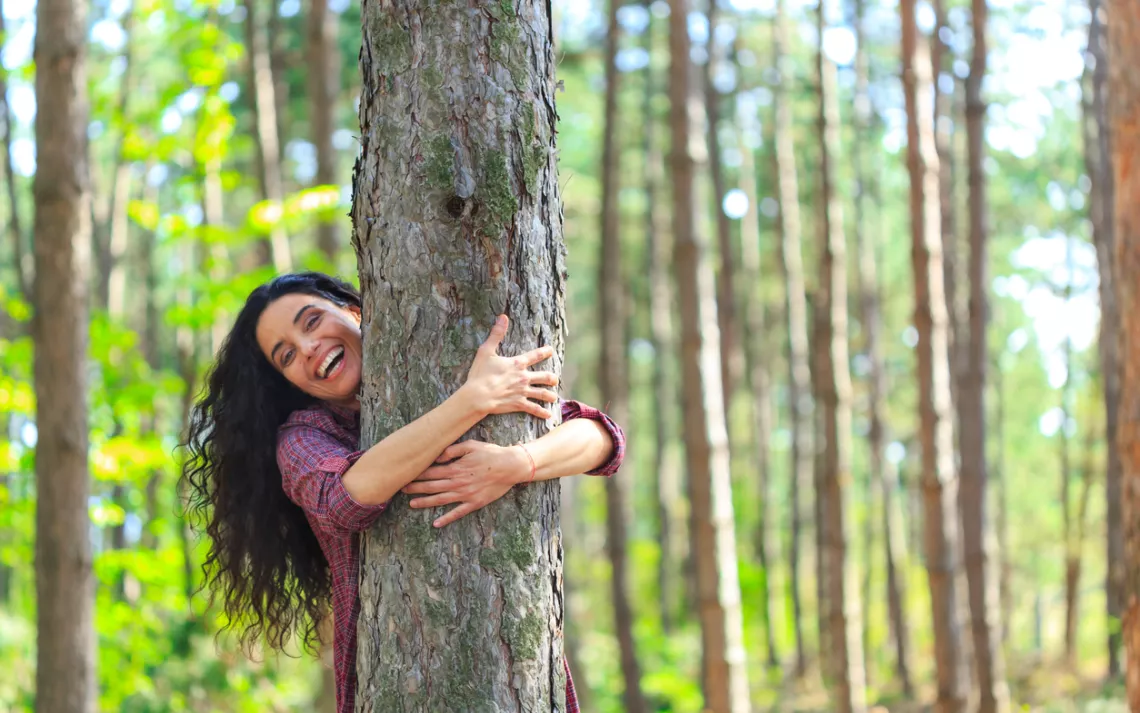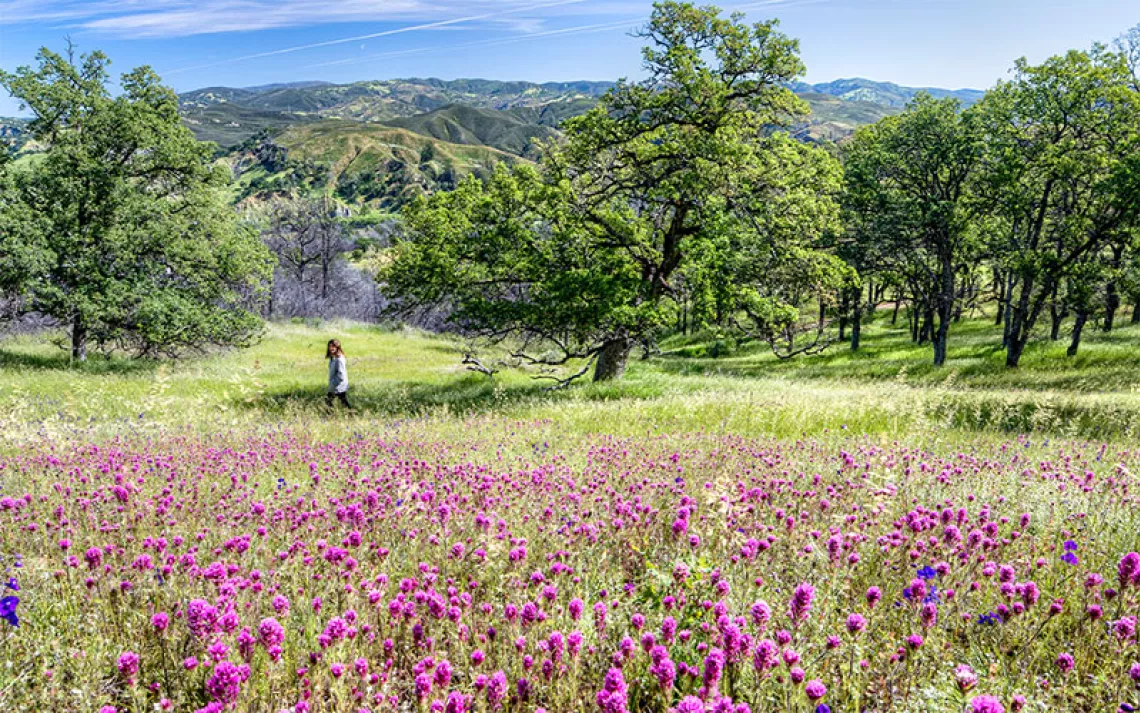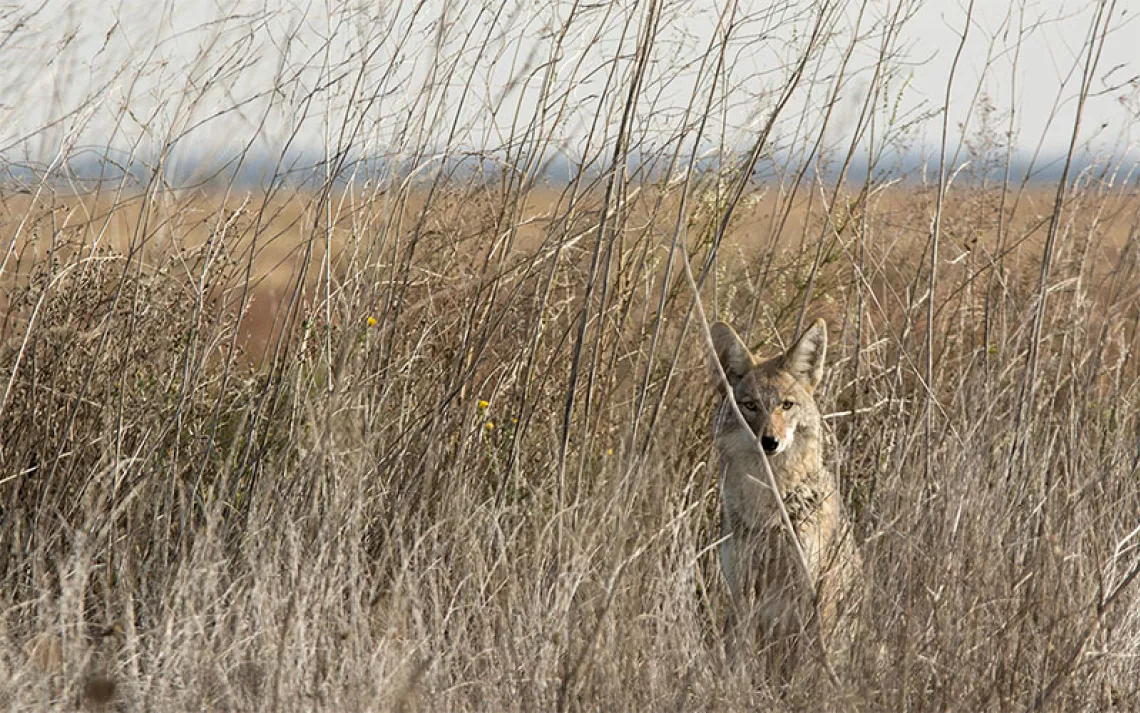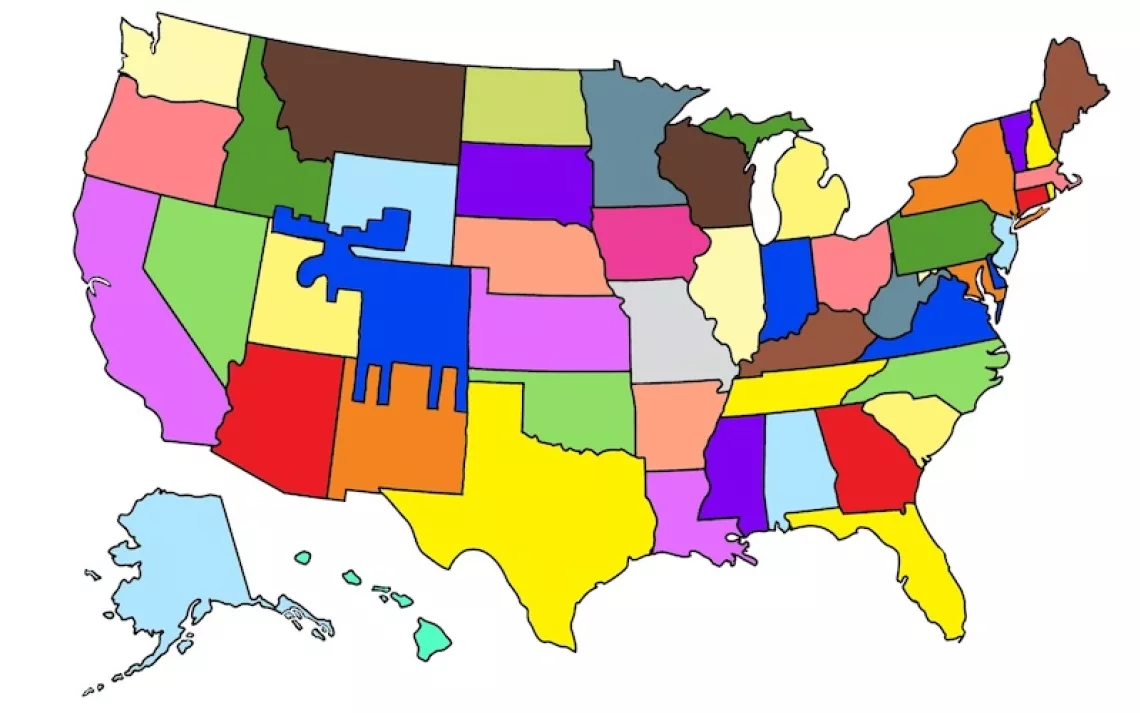The World Is Their Classroom
Conservation-minded college students no longer have to choose between time spent in the classroom and in the great outdoors.

Conservation-minded college students no longer have to choose between time spent in the classroom and in the great outdoors. Coast to coast, universities are beefing up their hands-on environmental offerings, giving undergraduates opportunities to earn course credit for exploring the natural world as well as the impacts of various human activities. "We're going to do the best job preserving the environment when we have the fullest understanding of the underlying science," says Russell McDuff, director of the School of Oceanography at the University of Washington. His Seattle-based program offers students the chance to explore nearby Puget Sound and sail on deep-sea research vessels.
Other schools take a more interdisciplinary approach, combining regional history and literature with ecology and the biological sciences. The yearlong Wilderness and Civilization Program at the University of Montana in Missoula is bookended by ten-day backpacking and canoeing trips. Students bone up on landscape and cultural issues in the Rockies by meeting with loggers, land managers, and activists. In upstate New York, St. Lawrence University students live in yurts for a semester, learning about natural history, land use, and recreation ethics in the heart of the Adirondacks.
 The Magazine of The Sierra Club
The Magazine of The Sierra Club



